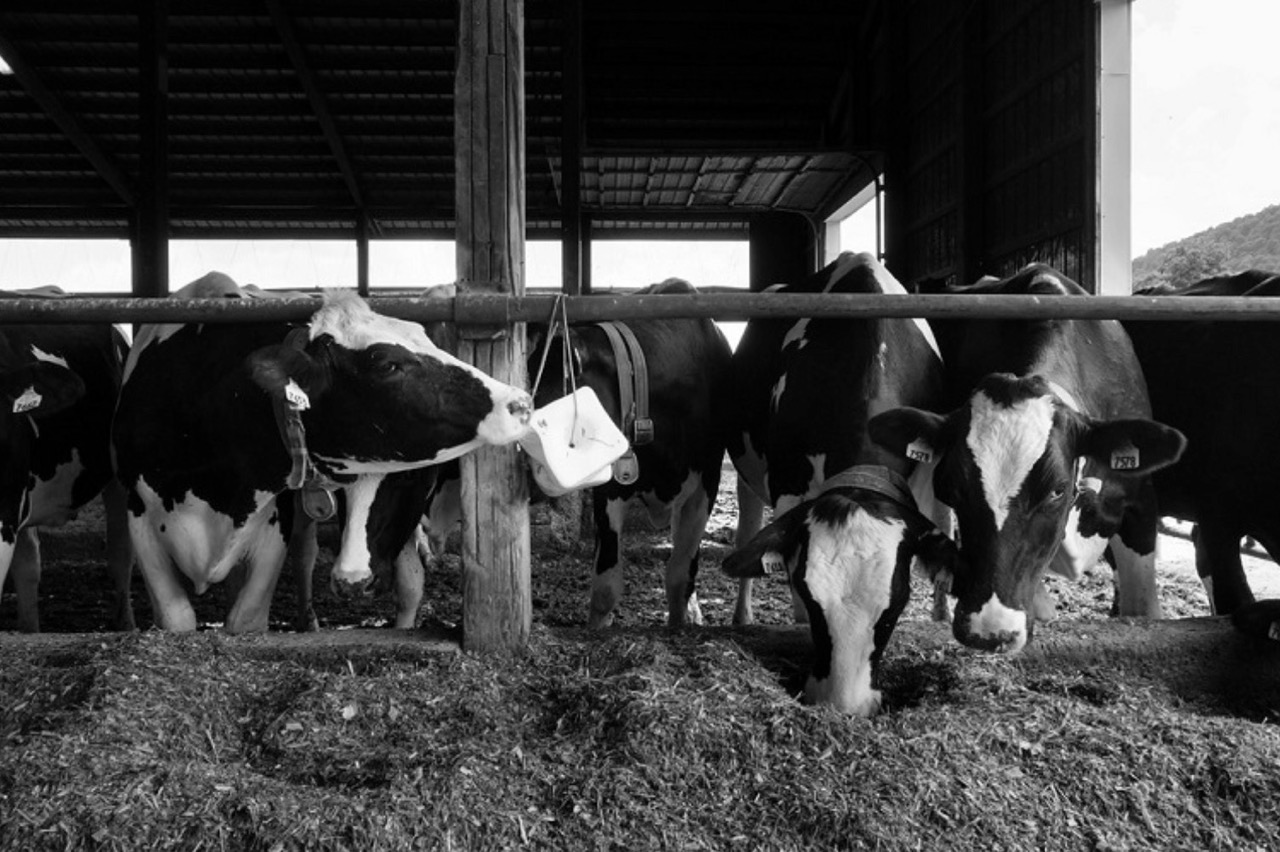The Hidden Cruelty of Dairy: Speciesism and Exploitation
Speciesism, the unjustified belief in human superiority, fuels the brutal machinery of dairy Concentrated Animal Feeding Operations, reducing sentient cows to mere production units. This objectification mirrors the sexist commodification of women, where reproductive autonomy is violently usurped. In the dairy industry, this manifests as a relentless cycle of forced impregnation, a profound violation of maternal instincts, echoing patriarchal control over women’s bodies.
The deliberate, traumatic severance of mother cows from their newborn calves inflicts immeasurable emotional distress, highlighting the shared exploitation of maternal roles across species. This systematic disruption of maternal bonds exposes the interconnectedness of oppressions, revealing speciesism and sexism as mutually reinforcing systems of domination.
Feminist theory, with its emphasis on intersectionality, provides a crucial framework for dismantling these injustices. It demands a comprehensive approach, challenging all forms of domination, including the deeply entrenched speciesism attitudes that underpin the dairy industry. CAFOs stand as a stark testament to this industrial-scale exploitation, where female cows endure relentless confinement, forced impregnation, and the immediate removal of their calves. This brutal regime continues until their bodies are utterly exhausted, culminating in slaughter, which is likely to become the hamburger you choose to eat.
The suffering inflicted is distinctly gendered, targeting their inherent female capacity to produce milk, revealing the cruel intersection of gender and species. The sheer scale and industrial nature of dairy CAFOs render them inherently barbaric. Constant confinement, invasive procedures, and profound emotional trauma constitute a systematic violation of animal welfare. Forced impregnation, often with mechanized “rape racks,” disregards bodily autonomy. The violent separation of calves from their mothers, designed to maximize milk production, causes deep psychological distress.
The industrial efficiency prioritized by these operations reduces living and creates the of feeling beings cogs in a profit-driven machine. To perpetuate dairy consumption is to directly support this system of immense and unnecessary suffering, built upon speciesism and the exploitation of female reproductive capacity. A just and compassionate world demands the rejection of dairy CAFOs and the adoption of ethical, sustainable food production.
The ethical chasm widens when considering the dairy byproduct industry, a realm often obscured from public view. Here, spent dairy cows, their bodies ravaged by relentless production cycles, are frequently relegated to the beef industries. Male calves, deemed useless for milk production, are either slaughtered at birth or confined to veal crates, enduring a life of deprivation and suffering. This exploitation of the “waste” products of the dairy industry further exemplifies the insidious reach of speciesism and the commodification of sentient life, where even the remnants of a system built on female reproductive exploitation are repurposed for further profit, extending the cycle of abuse and reinforcing the interconnected web of oppression that demands our immediate and unwavering ethical scrutiny.
Given St. Lawrence University’s commitment to fostering critical thinking and ethical engagement, the institution must confront the profound ethical implications of serving dairy and its byproducts. As a liberal arts university dedicated to exploring the interconnectedness of social justice issues, it is imperative to examine the systemic exploitation inherent in the dairy industry. By perpetuating the consumption of products derived from CAFOs, the university implicitly supports a system built upon speciesism, the violation of female reproductive autonomy, and the infliction of immense suffering. To uphold its values, St. Lawrence must engage in a thorough reevaluation of its food sourcing, considering the environmental impact and the inherent cruelty of industrial dairy production, and lead a shift towards more sustainable and compassionate food systems.



